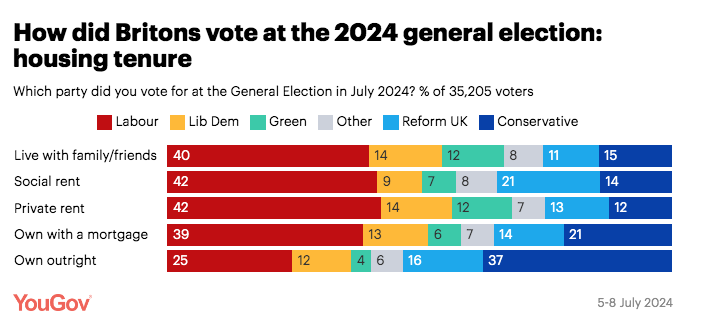The struggling commercial real estate startup said that its leasing costs remain too high and it will look to exit underperforming locations.
No one can predict the future, but you can prepare. Find out what to prepare for and pick up the tools you’ll need at the immersive Virtual Inman Connect on Nov. 1-2, 2023. And don’t miss Inman Connect New York on Jan. 23-25, 2024, where AI, capital, and more will be center stage. Bet big on the roaring future, and join us at Connect.
WeWork will attempt to renegotiate “nearly all” of its leases as it stares down staggering losses and rumors of impending bankruptcy.
On a conference call with its landlords Wednesday morning, the struggling commercial real estate startup said that its leasing costs remain too high.
“We are taking immediate action to permanently fix our inflexible and high-cost lease portfolio to achieve the sustainable operating model that we need to serve our members for many years to come,” WeWork said in a letter explaining the decision. “By addressing this reality now, we will be able to continue investing in and innovating our business on behalf of our members.”
The company, which has lost $15 billion since the end of 2017, will be renegotiating its leases to allow for less expensive rents and will be exiting underperforming locations, according to the letter.
The announcement adds to a tumultuous few months for the company, starting with the resignation of former CEO Sandeep Mathrani in May. Mathrani had been tapped to turn around the struggling company after founder Adam Neumann drove the company’s losses to staggering highs. Later that month, CFO Andre Fernandez quit after just a year in the position.
In August, the company posted a dire-sounding filing with the Securities and Exchange Commission expressing “substantial doubt” about “the company’s ability to continue as a going concern.” The company’s stock lost nearly one-fourth of its value following the filing of that notice and its quarterly earnings report, which was released on the same day.
During its upward growth trajectory, WeWork represented the future of the workplace to many. Investors were betting that individuals and businesses would choose to occupy WeWork’s locations instead of working from a traditional office building, favoring the company’s sleek designs, communal spaces and perks, such as beer and kombucha, to build community.
However, as the firm continued to pour more money into leasing and renovating hundreds of locations globally, less and less money came into the company, and WeWork was never able to make up for its outsized expenses.
Its network is still huge, however. Even as it prepares to close locations, at the end of June WeWork had 777 locations globally, the same number as a year earlier. Demand for its office space appears to be declining, though, as remote work remains a popular option for many workers. In its most recent earnings report, the company reported occupancy and memberships had declined in the second quarter from the first quarter.
Email Ben Verde
















